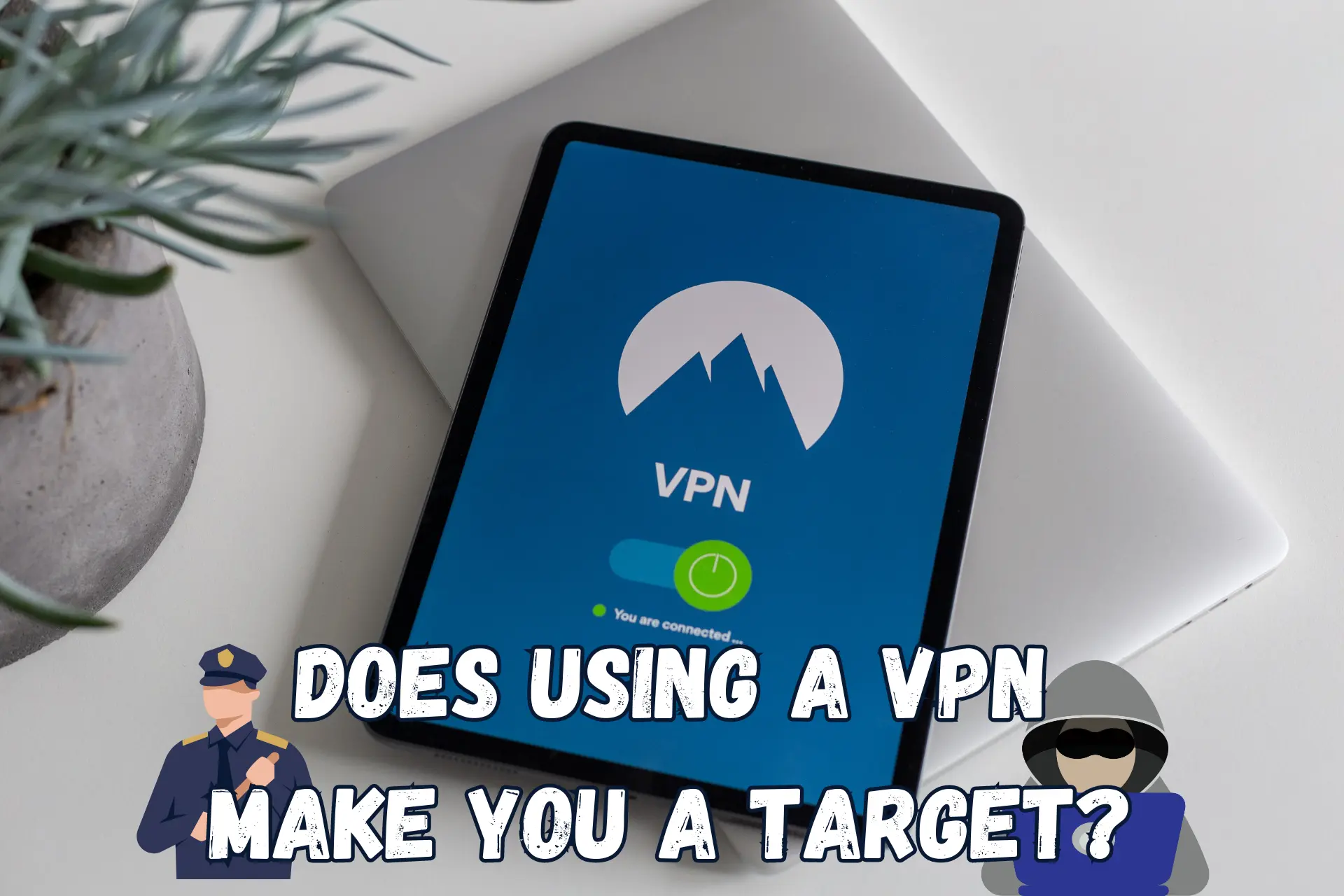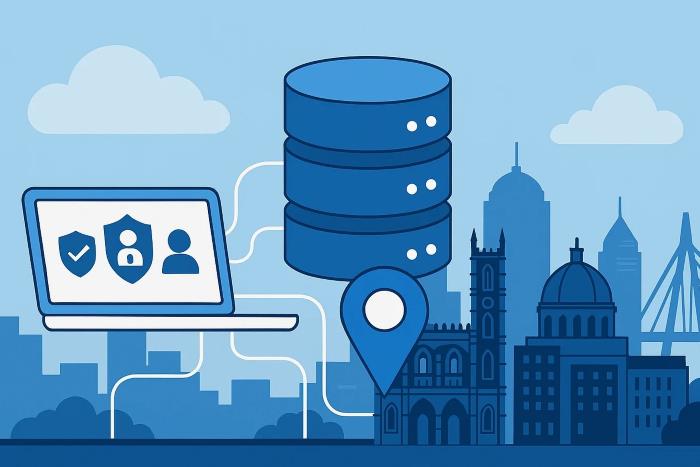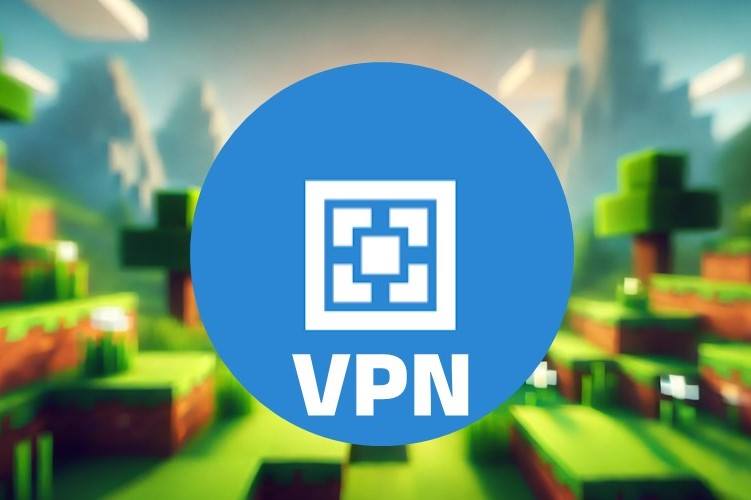Does Using a VPN Make You a Target? [All You Need to Know]
7 min. read
Updated on
Read our disclosure page to find out how can you help VPNCentral sustain the editorial team Read more

Unless you utilize advanced features like obfuscation, your online activities can still be under tracking despite the safeguards provided by a VPN.
Various elements, such as cookies, browser fingerprints, malware, or spyware, can compromise your privacy even with a VPN.
So, does using a VPN make you a target? Find out in this insightful article.
Does using a VPN attract attention?
Yes, it can attract the attention of ISPs, governments, streaming services, and other entities that monitor internet traffic.
Practically, using a VPN can make one think you have something to hide. That may or may not be true, but it still can raise suspicions.
One way a network admin knows you use VPN is through traffic analysis.
It monitors the patterns of network connections where it detects encrypted connections typically associated with VPN usage.
Although it may not be able to decipher the content of the traffic, the presence of encrypted connections is enough to attract attention.
Additionally, some streaming services actively block or restrict access to users connecting through VPNs due to copyrights and legal issues.
These platforms employ techniques such as IP blacklisting, which identifies IP addresses associated with popular VPN servers and blocks them from accessing certain content.
So, using a VPN to access such services will capture their attention.
Furthermore, during investigations of cyber attacks or threats, you can attract the attention of government agencies if you use a VPN during that period.
For instance, in 2013, the FBI looked into all Tor users at Harvard University after releasing a Bomb threat email before getting the real culprit.
Does using a VPN make you a target?
You might wonder if a VPN makes you more likely to be targeted by hackers or legal agencies.
Well, the answer is it depends.
In fact, using a VPN can protect your privacy and security by hiding your IP address.
However, there are a few exceptions to that, and it totally depends on current happenings in the region where you are using it.
You should note that when your VPN is working, the only visible thing is that you use VPN; what you do online is not visible.
However, several entities could target VPN users for different reasons. Here’s a breakdown of possible cases of who might be interested in targeting you and why:
Cyber attackers
Cybercriminals may target VPN users due to the potential value of the information they possess.
By compromising a VPN, attackers can gain access to sensitive data, including personal details, financial information, or corporate secrets.
For example, a team of hackers reportedly got access to a single Cisco VPN appliance meant for remote administration.
After access, they observed some traffic and stole the credential to access the domain.
Certain types of VPNs, like remote-access VPNs, can be targeted by hackers who want to access your personal information.
They can sell such information on the dark web or use it for malicious purposes like identity theft or extortion.
It’s like a game of hide-and-seek, and it’s important to stay alert.
Government agencies
Some Government agencies closely monitor VPN users, especially when national security or law enforcement issues are at stake.
They aim to identify potential threats and track suspicious individuals by monitoring VPN traffic.
This is particularly prevalent in countries with strict internet censorship laws where VPN usage is prohibited.
For instance, the Russian government targets VPN users by blocking certain VPN services and taking legal action against violators of data localization laws.
Governments employ various techniques to keep tabs on VPN users.
For example, they utilize deep packet inspection (DPI) to analyze encrypted VPN data packets, allowing them to detect VPN traffic and take appropriate action.
Advanced surveillance technologies like traffic analysis and pattern recognition also assist in tracking suspicious behaviors and potential threats associated with VPN usage.
It’s important to note that government monitoring varies across jurisdictions and legal frameworks.
Some governments may have more intrusive measures in place, while others exercise limited monitoring based on specific circumstances or legal obligations.
Internet Service Providers
ISPs might be interested in monitoring or targeting VPN usage for various reasons.
They may want to enforce network management policies, prevent abuse, or comply with legal obligations.
This is because some people misuse VPNs for illegal activities.
They take advantage of the anonymity provided by VPNs to do things they shouldn’t, such as trading illegally downloaded movies, music, and other forms of copyrighted entertainment.
Therefore, while a VPN can hide your online activities, it can attract attention.
Admins and ISPs keep an eye out for suspicious behavior on their network, including VPN usage.
This can lead to various outcomes, depending on the specific circumstances and the policies in place.
They may take actions like issuing warnings, implementing restrictions on internet access, or even cooperating with law enforcement authorities in severe cases.
Ways you can be tracked online even when using a VPN
Cookies
Despite using a VPN, websites can track your activities through cookies.
These small text files, made up of letters and numbers, are stored in the browser or device memory when you visit a site or view a message.
They enable websites to recognize and remember a particular device or browser. Thus, even with a VPN, websites can still use cookies to track and gather information about your online behavior.
To solve the issue, periodically clear your cache and cookies.
Data collection by websites
In this situation, a VPN can hide your IP address and mask your online identity, making it difficult for services like social media platforms, Google, and Facebook to track your real location and IP directly.
However, it does not hide the data you willingly share with these platforms, such as your personal information, search queries, or interactions, as they collect data through user accounts and website cookies.
Malware or spyware
When malware or spyware infiltrates your device, it poses a threat to your online privacy.
Examples include keyloggers that record your keystrokes, spyware that monitors your browsing activity, or Trojan horses that steal personal data.
A VPN does not provide complete protection against such threats, as they primarily focus on securing your internet connection and encrypting your data.
DNS Leak
If your VPN or DNS is misconfigured or your device is compromised, websites and online services can discover your real IP address and track your browsing history.
This undermines the intended anonymity and protection provided by the VPN. However, configure your DNS and VPN properly to protect your privacy.
However, be mindful of shared information and consider using separate profiles or privacy-focused alternatives.
Furthermore, you need to remember that a VPN shields your online activities, but it has some limitations. It won’t hide your device ID, IMEI, MAC address, or unique hardware identifiers.
These details can still be exploited to track and identify your device. Therefore, stay vigilant about your digital footprint for complete online privacy.
However, to mitigate the risk of being targeted, choose trustworthy VPN providers with the best deals and a robust privacy policy.
Opting for a provider that offers obfuscated servers can further enhance security, as these servers mask VPN traffic and make it even harder to track your online activities.
Summary
While using a VPN itself is not inherently attention-attracting, certain indicators such as encrypted traffic patterns, encountering website restrictions, or connections to known VPN servers can potentially lead an entity to infer that you are using a VPN.
Therefore, in certain situations as stated above, a VPN can make you a target or either an attack or investigation.
However, when your VPN works properly, your online actions are hidden.
It’s like being a ghost in the digital world!
Just make sure your VPN doesn’t leak any information that could reveal your activities.









User forum
0 messages